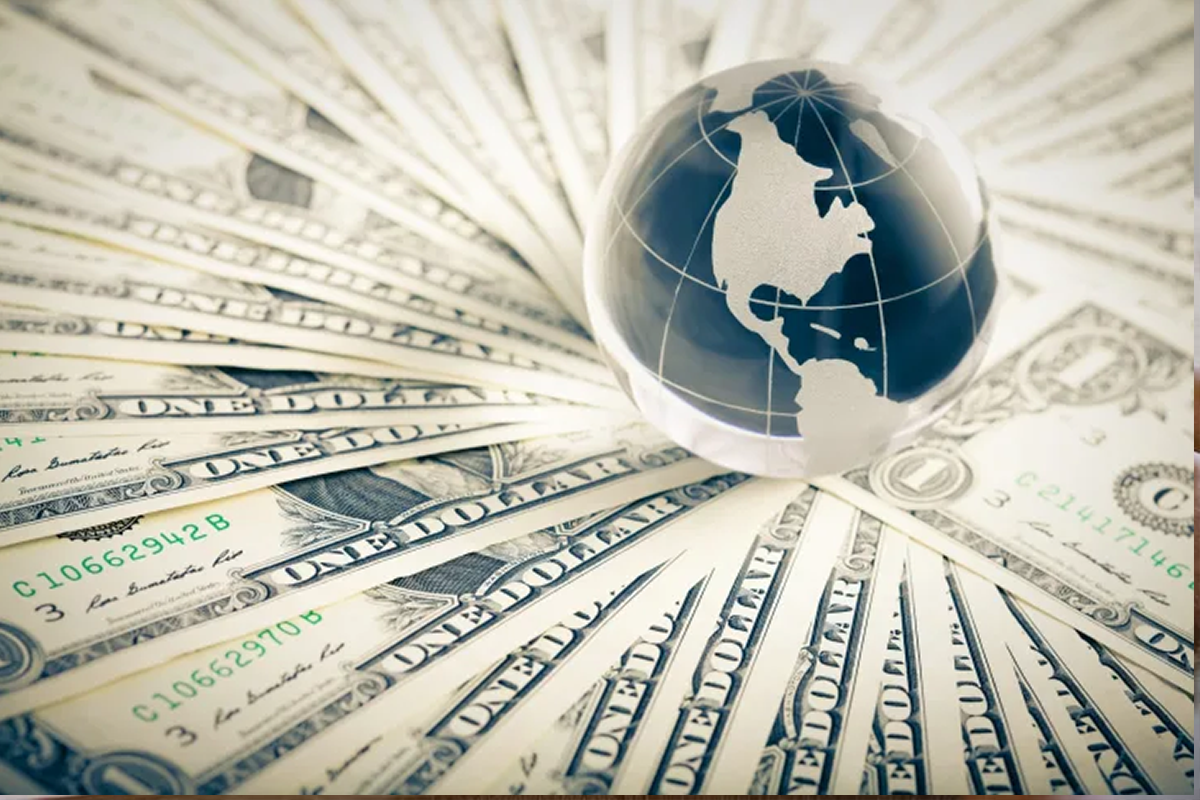Capital is the lifeblood of any company. Without capital, a company cannot grow, innovate, or survive. However, raising capital is not a one-time event, but a continuous process that involves different stages and sources of funding. At the initial stages, we are talking about Pre-seed, Seed, and Early-Stage funding rounds. These are the rounds that provide a company with the initial capital to develop its product, validate its market fit, and generate its first revenues. Pre-seed funding is the earliest stage of funding for a new company. It is typically the first round of investment a startup gets in its life cycle. Pre-seed funding is secured pre-product market fit and pre-revenue. It provides founders with enough equity to get off the ground and is typically used to develop an early version of the product which can then be used to raise further fundinghttps://www.zeni.ai/blog/pre-seed-funding. Seed funding is the next stage of funding for a startup that has already developed a minimum viable product (MVP) and has some traction in the market. Seed funding is used to further refine the product, expand the customer base, and test the business modelhttps://www.feedough.com/pre-seed-funding/. Early-Stage funding rounds are also known as Series A rounds. These are the rounds that provide a startup with the capital to scale up its operations, grow its team, and increase its market share. Series A rounds are usually led by venture capitalists who expect a high return on their investment.
Later stages are defined as Series B – F. These are the rounds that provide a company with the capital to expand its market presence, enter new geographies or segments, acquire other companies, or develop new products or services. Series B – F rounds are usually led by larger venture capitalists or private equity firms who have more resources and experience in scaling up businesses (….more). After these rounds, a company may raise funding from the stock market through an initial public offering (IPO) or a direct listing. The stock market is also often referred to as a liquidity event, but not really, because the Common Shareholders and the Preferred Shareholders are initially bound by a lockup period. A lockup period is a contractual clause that prevents insiders from selling their shares for a certain period of time after the IPO or listing. So at best this could be considered “deferred liquidity event” (…more). Immediate liquidity comes from M&A transactions. M&A stands for mergers and acquisitions. This is when one company buys or merges with another company to create a larger or more diversified entity. M&A transactions can provide immediate liquidity for shareholders who can sell their shares for cash or stock in the acquiring company (…more). You have built a great business in desirable market vertical(s) and either have unique products, great customer base, and/or an above market EBIDTA – then you are a great M&A target. Another form business owners can think of M&A is using M&A to expand their own company. We have experts for fund raising that also work with great outside partners to achieve your goals.
If you are an early-stage company, then Pitch Global might have the events and connections that you need to raise your funding. Pitch Global has helped companies through their network to raise more than $350M over the years. Sovereign Sterlin Partners is a boutique financial firm that deals with capital structures of $50M or more (….additional info)



